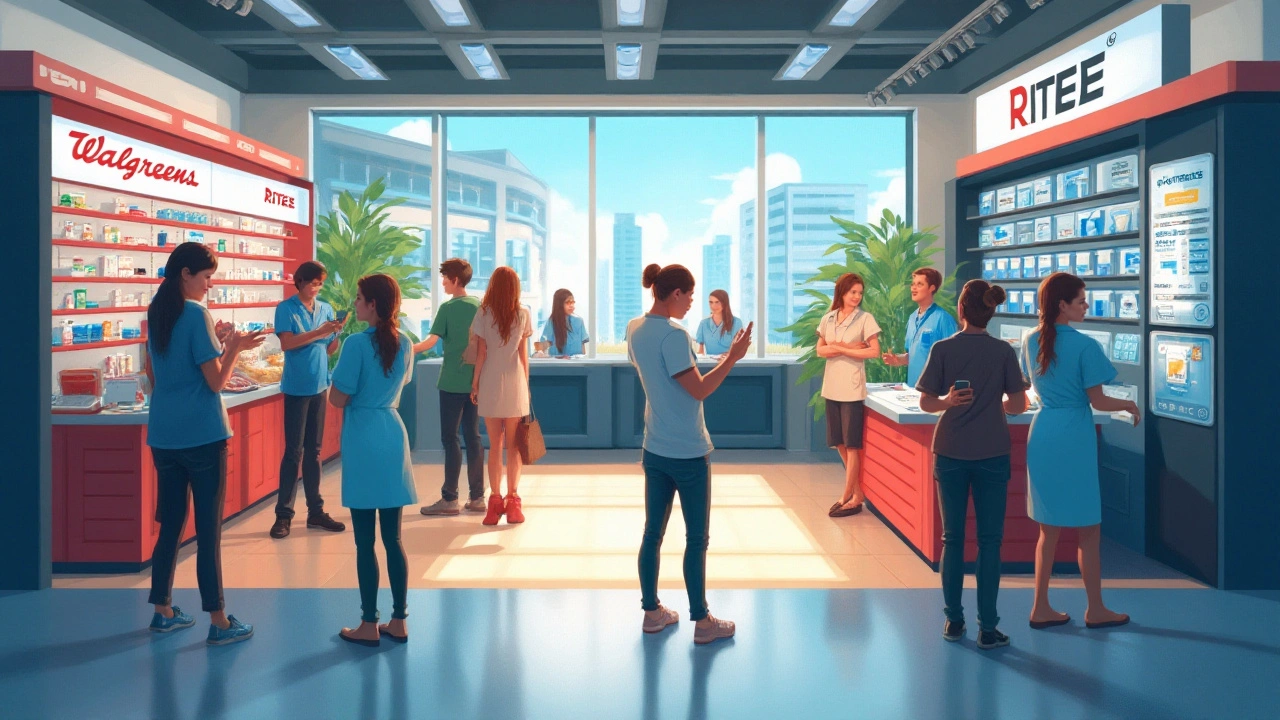Pharmacy services: how to pick safe online and local pharmacies
Want reliable meds without the stress? Pharmacy services now cover more than just filling a script — they include delivery, med reviews, compounding, and even virtual pharmacist chats. But convenience can hide risks. Use a few simple checks each time you shop, and you’ll avoid most problems.
Quick checks to verify a pharmacy
First, confirm licensing. A legit pharmacy lists a license number and the country or state regulator. Take that number and check the regulator’s site — it usually shows active or expired status. Second, make sure a real pharmacist is reachable by phone or chat. If you can’t talk to someone qualified about your meds, don’t buy. Third, never trust sites that sell prescription-only drugs without asking for a prescription. That’s a major red flag.
Also look for clear contact info, a visible privacy policy, and secure checkout (the web address should start with https). Read independent reviews beyond the site’s testimonials — search terms like “reviews,” “scam,” or “license” plus the pharmacy name. If prices are unbelievably low or the product photos are generic, treat the offer with caution.
Practical tips for ordering and using services
When ordering online, save the pharmacist’s contact and the order number. Use tracked shipping and check the package immediately on arrival: verify packaging, lot numbers, and expiry dates. If the pills look different from what you expect, call the pharmacy and your prescriber before taking them. Keep copies of prescriptions and receipts for at least a few months — they help if you need a refund or to report a problem.
For local pharmacy services, ask about delivery windows, blister packaging, automatic refills, and whether they offer medication reviews. Many local shops will sync multiple prescriptions for one pick-up date or prepare weekly pill packs — that saves trips and reduces missed doses. If you rely on injections, compounding, or specialty drugs, confirm the pharmacy has the right storage and handling procedures.
Price matters, but don’t let cost be the only factor. Ask if a generic is available, and check manufacturer coupons or patient assistance programs. If your insurance covers meds, check in-network pharmacies first. For international orders, learn about customs rules and additional duties that can raise the final cost.
If something feels off, report it. Contact your national pharmacy regulator, consumer protection agency, or the prescriber who wrote the prescription. Reporting fake or unsafe pharmacies protects other patients and helps stop scams quicker.
Want more hands-on guides? Our tag collects reviews, buying guides, and safety tips on pharmacies and specific medicines. Read individual articles to compare services, find alternatives, and get step-by-step advice for buying meds safely.

